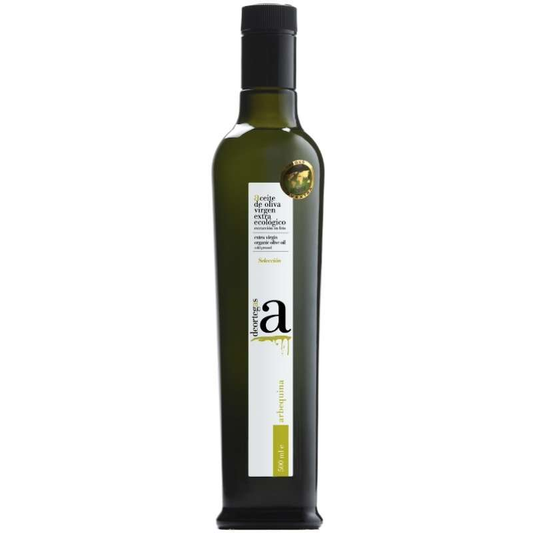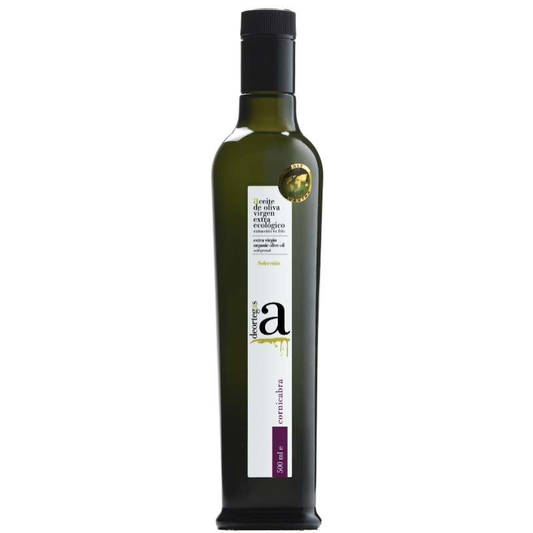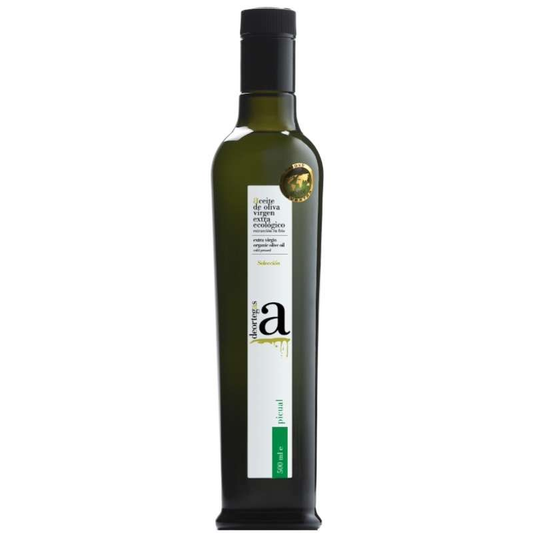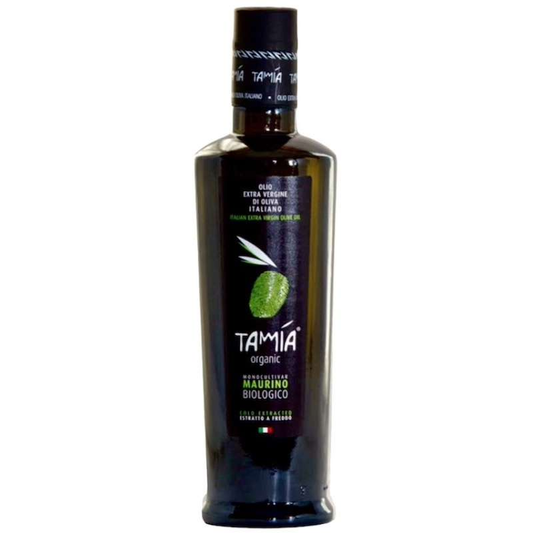Digestive disorders encompass a range of conditions that affect the gastrointestinal tract, leading to symptoms such as abdominal pain, bloating, and irregular bowel habits. While medical treatments are vital, lifestyle choices, including dietary habits, can significantly influence digestive health.
The Mediterranean diet, renowned for its nutrient-rich and anti-inflammatory components, emerges as a potential dietary strategy for managing digestive disorders. In this article, we will explore the connections between the Mediterranean diet and digestive disorders, examining how this culinary lifestyle may contribute to symptom relief and overall digestive well-being.
High Fiber Content for Bowel Regularity
The Mediterranean diet, rich in fruits, vegetables, legumes, and whole grains, provides a substantial amount of dietary fiber. Fiber promotes bowel regularity by adding bulk to stool and aiding in its movement through the digestive tract. For individuals with disorders like irritable bowel syndrome (IBS) or constipation, a high-fiber diet can be beneficial.
Here’s how it helps:
-
Promotes Regular Bowel Movements
Insoluble fiber (found in whole grains, vegetables, and wheat bran) adds bulk to the stool, helping it move through the digestive tract more easily. This prevents constipation and promotes regular bowel movements. This bulkier stool can prevent or alleviate digestive disorders like constipation, hemorrhoids, and diverticulosis. -
Improves Stool Consistency
Soluble fiber (found in oats, beans, apples, and citrus fruits) absorbs water and forms a gel-like substance, softening stool. This can be beneficial in treating diarrhea by adding bulk and consistency to loose stools. -
Prevents and Manages Irritable Bowel Syndrome (IBS)
Fiber helps regulate bowel movements, which is essential for people with IBS. Soluble fiber, in particular, helps ease symptoms by softening stools and normalizing bowel habits (whether you’re dealing with constipation or diarrhea). However, too much insoluble fiber may aggravate IBS, so balance and gradual introduction of fiber are essential. -
Supports a Healthy Gut Microbiome
Fiber acts as a prebiotic, feeding the beneficial bacteria in the gut. These bacteria ferment fiber, producing short-chain fatty acids (SCFAs) that help maintain gut health, reduce inflammation, and improve conditions like inflammatory bowel disease (IBD), including Crohn’s disease and ulcerative colitis. -
Reduces Risk of Diverticulitis
Fiber, especially insoluble fiber, helps prevent diverticulitis, an inflammation or infection of small pouches in the colon (diverticula), by keeping the digestive system moving efficiently. -
Lowers Risk of Colon Cancer
By speeding up the passage of waste through the intestines, fiber reduces the amount of time harmful substances are in contact with the colon lining. This may lower the risk of developing colon cancer. -
Helps Manage Gastroesophageal Reflux Disease (GERD)
High-fiber diets, especially from fruits and vegetables, can help manage symptoms of GERD by preventing excess weight, which is a major risk factor, and by reducing pressure on the stomach, which can push acid into the esophagus.
So fiber supports digestive health by regulating bowel movements, improving gut microbiota, reducing inflammation, and preventing complications like diverticulitis and hemorrhoids. However, the right balance of soluble and insoluble fiber is key, and too much fiber can sometimes cause bloating or discomfort if not introduced gradually.
Olive Oil’s Digestive Benefits
Olive oil, a cornerstone of the Mediterranean diet, has been associated with digestive benefits. It contains monounsaturated fats and polyphenols that may contribute to the prevention of inflammation in the digestive tract, offering relief for those with inflammatory bowel diseases (IBD) like Crohn’s disease and ulcerative colitis.
Olive oil can improve digestive health in several ways, thanks to its nutrient-rich composition and anti-inflammatory properties:
Olive Oil Stimulates Bile Production
Olive oil stimulates the production of bile, a substance produced by the liver that helps digest fats. Bile also aids in the movement of food through the digestive tract, reducing the risk of constipation and promoting smoother digestion.
Olive Oil Promotes Healthy Gut Bacteria
The polyphenols in olive oil act as prebiotics, which nourish the beneficial bacteria in the gut. A healthy gut microbiome is essential for overall digestive health and can improve nutrient absorption and prevent digestive issues like bloating and gas.
Olive Oil Reduces Inflammation in the Gut
Olive oil is rich in antioxidants and anti-inflammatory compounds, such as oleocanthal, which help reduce inflammation in the digestive system. This is particularly beneficial for individuals with inflammatory bowel diseases (IBD) like Crohn’s disease or ulcerative colitis.
Olive Oil Prevents Constipation
The mild laxative effect of olive oil can help prevent constipation by lubricating the intestines and making stool easier to pass. Consuming a small amount of olive oil daily can help regulate bowel movements.
Olive Oil Protects the Stomach Lining
Olive oil has been shown to protect the stomach lining from irritation and damage, reducing the risk of gastritis and stomach ulcers. It may also help balance the production of gastric acids, preventing conditions like acid reflux.
Olive Oil Enhances Nutrient Absorption
Olive oil aids in the absorption of fat-soluble vitamins like A, D, E, and K, which are crucial for various bodily functions, including digestive health. It also helps the body absorb other beneficial compounds from food.
Fatty Fish and Omega-3 Fatty Acids
Omega-3 fatty acids, primarily found in fish oil (EPA and DHA) and plant sources like flaxseeds (ALA), have anti-inflammatory and other beneficial properties that can positively impact the digestive system.
These essential fats help decrease the production of pro-inflammatory cytokines, which can reduce the severity of inflammation in the digestive tract.
The anti-inflammatory properties of omega-3s also help in maintaining the integrity of the gut lining. A healthy gut lining acts as a barrier that prevents harmful substances, such as toxins and pathogens, from entering the bloodstream.
Omega-3 fatty acids may play a role in promoting a healthy gut microbiome. Diets rich in omega-3s can help foster a more diverse and balanced population of gut bacteria, which is essential for overall digestive health and immune function.
Lean Proteins for Digestive Comfort
Proteins are necessary for tissue repair and muscle growth, but some protein sources are heavy and difficult for the body to process. Lean proteins provide the same benefits for muscle repair and energy without overwhelming the digestive system.
The Mediterranean diet emphasizes lean protein sources, including fish, poultry, and legumes. These proteins are easier to digest compared to fatty or processed meats. Lean proteins are broken down more quickly, making digestion smoother and less taxing on the gastrointestinal system, making them suitable choices for individuals with digestive disorders, such as gastroesophageal reflux disease (GERD) or gastritis.
Lean proteins help maintain gut motility. Unlike high-fat meals, which can slow down gut motility (the movement of food through the digestive tract), lean proteins support regular gut motility. This helps reduce constipation or sluggish digestion, contributing to overall comfort.
Probiotics from Fermented Foods
Fermented foods, such as Greek yogurt, kefir, and certain cheeses, are part of the Mediterranean diet and are rich in probiotics. Probiotics improve digestive health by promoting a healthy balance of gut bacteria, which plays a crucial role in various aspects of digestion and overall well-being. Here’s how probiotics contribute to digestive health:
Gut Microbiota: The human gut is home to trillions of microorganisms, including both “good” and “bad” bacteria. A healthy balance between these is essential for normal digestive processes.
Probiotics’ Role: Probiotics (the “good” bacteria) help restore or maintain this balance, especially when it is disrupted by factors like poor diet, stress, illness, or antibiotics. Antibiotics, for example, can kill both harmful and beneficial bacteria, leading to an imbalance. Probiotics help replenish the beneficial ones.
Enzyme Production: Certain probiotics aid in the breakdown of complex carbohydrates, proteins, and fats, enhancing digestion. They also help produce enzymes that assist in nutrient absorption.
Lactose Breakdown: Some probiotics, such as Lactobacillus acidophilus, help break down lactose (the sugar in milk), making it easier for people who are lactose intolerant to digest dairy products.
Diarrhea: Probiotics can help prevent or reduce the severity of diarrhea, especially those caused by infections, antibiotics, or other disruptions to the gut. They work by inhibiting the growth of harmful bacteria and viruses that may trigger diarrhea.
Constipation: Probiotics can help alleviate constipation by improving gut motility and the frequency of bowel movements.
IBS (Irritable Bowel Syndrome) Management: Many people with IBS suffer from bloating, gas, and irregular bowel movements. Certain strains of probiotics, such as Bifidobacterium and Lactobacillus, have been shown to reduce IBS symptoms by modulating gut motility and reducing inflammation in the gut lining.
Anti-inflammatory Properties: Probiotics can reduce low-level inflammation in the gut, which can contribute to a range of digestive issues, including IBS and inflammatory bowel disease (IBD).
Gut Lining Protection: The gut lining acts as a barrier, preventing harmful substances like pathogens and toxins from entering the bloodstream. Probiotics help strengthen this barrier by enhancing the production of mucus and tightening the junctions between cells, reducing the risk of “leaky gut” syndrome.
Pathogen Defense: Some probiotic strains compete with harmful bacteria and pathogens, inhibiting their growth and preventing them from adhering to the gut wall. This boosts the gut’s defense mechanism.
Immune Boost: Since a significant portion of the immune system is housed in the gut, maintaining a healthy balance of gut bacteria can directly influence immune function. Probiotics can stimulate the production of antibodies and other immune cells, which help protect against infections.
Herbs and Spices for Digestive Comfort
The Mediterranean diet incorporates a variety of herbs and spices which have been used for centuries to support digestive health. For example, Mint, ginger, and fennel are examples of herbs and spices that may help alleviate symptoms of indigestion and bloating, providing comfort for individuals with digestive disorders.
Herbs and spices offer a variety of benefits due to their bioactive compounds, which help improve digestion in several ways:
- Stimulating Digestive Enzymes
Many herbs and spices stimulate the production of digestive enzymes, which break down food and help absorb nutrients. For example:
Ginger stimulates saliva, bile, and gastric juice production, improving digestion and preventing indigestion.
Cumin increases enzyme activity in the pancreas, aiding in carbohydrate, fat, and protein breakdown.
- Reducing Inflammation
Inflammation in the digestive tract can cause issues like bloating, discomfort, and irritable bowel syndrome (IBS). Herbs and spices with anti-inflammatory properties can help reduce these symptoms:
Turmeric contains curcumin, a powerful anti-inflammatory compound that can soothe irritation in the gut.
Peppermint has been shown to relax the muscles of the intestines, reducing cramping and discomfort, especially in IBS patients.
- Supporting Gut Flora
Some spices act as prebiotics, which feed the beneficial bacteria in the gut, promoting a healthy microbiome:
Garlic contains compounds that can promote the growth of healthy gut bacteria and inhibit the growth of harmful bacteria.
Fennel can act as a carminative, reducing gas and helping balance gut bacteria.
- Relieving Gas and Bloating
Carminative herbs and spices help reduce bloating and gas by relaxing the intestinal muscles and easing the passage of gas:
Caraway seeds are traditionally used to reduce bloating, indigestion, and gas by relaxing the digestive tract.
Coriander can help reduce gas and bloating, while also supporting digestion.
- Promoting Bile Flow
Bile is essential for digesting fats, and certain spices stimulate bile production:
Dandelion root and artichoke increase bile flow, improving fat digestion and preventing sluggish digestion.
Black pepper stimulates the production of hydrochloric acid and bile, enhancing fat breakdown.
- Soothing the Digestive Tract
Some herbs have a calming effect on the digestive system, reducing irritation and promoting smooth digestion:
Chamomile relaxes the digestive muscles and can help with indigestion, gas, and cramping.
Licorice root helps coat the stomach lining, protecting it from excess acid and irritation.
- Antimicrobial Effects
Several herbs and spices have antimicrobial properties, helping prevent infections in the digestive system:
Cinnamon has antimicrobial properties that help eliminate harmful bacteria in the gut, reducing digestive discomfort.
Clove is effective against certain pathogens and can prevent digestive disturbances caused by harmful bacteria.
Regulating Blood Sugar and Appetite
Spices like cinnamon and fenugreek help regulate blood sugar, stabilizing appetite and preventing overeating, indirectly supporting better digestion by preventing digestive overload.
Moderation in Red Wine Consumption
While moderation is key, the moderate consumption of red wine, a traditional aspect of the Mediterranean lifestyle, may offer digestive benefits. Resveratrol, found in red wine, has been studied for its potential anti-inflammatory effects and may contribute to overall digestive well-being. Here’s how red wine can support digestion:
Rich in Polyphenols: Red wine is a good source of polyphenols, which are antioxidants that promote the growth of beneficial gut bacteria. These compounds are not fully absorbed in the stomach, so they make their way to the intestines, where they can enhance the growth of good bacteria, such as Lactobacillus and Bifidobacterium. These bacteria contribute to better digestion and a healthy gut balance.
Boosts Gut Microbiome Diversity: Studies suggest that moderate consumption of red wine can increase the diversity of the gut microbiome. A diverse microbiome is associated with better overall digestive health, as it helps break down food, absorb nutrients, and protect against harmful bacteria.
Anti-inflammatory Effects: Polyphenols in red wine, such as resveratrol, also have anti-inflammatory properties. This can reduce inflammation in the digestive tract, which is beneficial for those with conditions like irritable bowel syndrome (IBS) or inflammatory bowel disease (IBD).
Promotes Digestion of Fatty Foods: Tannins in red wine can stimulate the production of digestive enzymes, particularly those involved in the digestion of fats. This helps improve the efficiency of breaking down fats in meals.
Antimicrobial Properties: Some compounds in red wine have antimicrobial effects that may help control the growth of harmful bacteria in the gut, reducing the risk of infections or imbalances that can disrupt digestion.
It’s important to note that these benefits are linked to moderate consumption of red wine. Excessive alcohol intake can have the opposite effect, leading to gut irritation, poor digestion, and inflammation.
Conclusion
While individual responses to dietary changes vary, the Mediterranean diet presents a well-rounded approach to promoting digestive health and managing symptoms associated with digestive disorders. It is crucial for peeople with specific digestive conditions to consult with healthcare professionals to tailor their diet to their unique needs.
By adopting the principles of the Mediterranean diet – incorporating fiber, anti-inflammatory foods, and digestive-friendly choices – we can create a dietary foundation that supports digestive harmony and overall well-being.





















